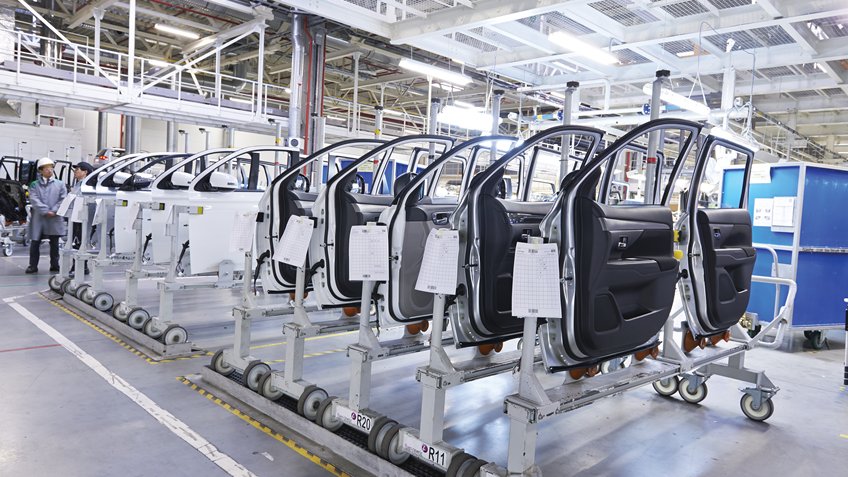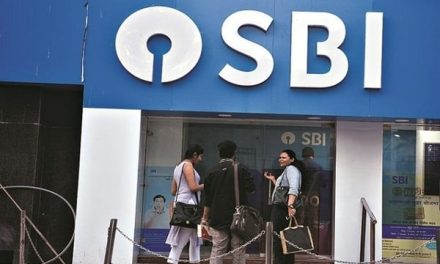Licensing Rules For Manufacturers:
As part of its effort to remove the licensing rules and ensure ease of doing business, the commerce and industry ministry on Thursday said no compulsory licence would be required for manufacturers of goods, barring four segments of tobacco items, defence equipment, hazardous chemicals and industrial explosives. The DPIIT also clarified that no industrial/arms licence is required for the manufacturer of any parts or accessories in the defence sector, unless they are specifically listed for procuring licences.
Accordingly, the Press Note is withdrawn,” the commerce and industry ministry said. Earlier this year, the ministry had proposed to simplify filing procedure for industrial entrepreneur memorandums and said the requirement of filing IEMs at two stages stood dispensed with for all the businesses that didn’t then require an industrial licence. The two stages of IEMs were intent and implementation.
Also, with regard to new projects for manufacturing of items that are not covered by the compulsory licensing of their substantial expansion, the only requirement will be to file a memorandum.

As per the DPIIT’s annual report, all units that are exempted from obtaining an industrial licence and those who invest more than Rs 10 crore in plant and machinery (Rs 5 crore for the services sector) are required to file an IEM with the government
FDI Norms For Single-Brand Retail:
The Union Government has relaxed the Foreign Direct Investment (FDI) norms for Single Brand Retail Trading (SBRT). As per the new norms, “all procurements made from India by the SBRT entity for that single brand shall be counted towards local sourcing, irrespective of whether the goods procured are sold in India or exported, with a view to provide greater flexibility and ease of operations to SBRT entities”.
Some of the other revised norms include the removal of the current cap of 5 years for exports and minimum requirement of 30% local procurement for SRBT entities with more than 51% FDI. Entities have been allowed to meet local sourcing requirements as an average during the first 5 years, and thereafter annually towards their India operations.
Under the previous policies, SBRT entities had to first operate through brick and mortar stores and only then would they be allowed to start retailing that brand through e-commerce. However, this rule is no longer applicable, and presently SBRT entities can directly start retailing the brand through online trade, provided that the entity opens brick and mortar stores within 2 years from date of start of online retail.












